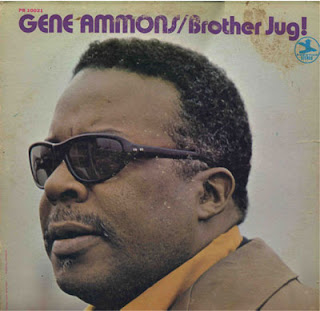
When the Pointer Sisters burst onto the national scene with “Yes We Can Can” in mid-1973, they seemed completely different from any other popular group of the time. The Oakland, Calif. — born sisters — Anita, Ruth, June and Bonnie — clearly had some gospel music in their background and oodles of “soul,” but they also had a look and sound that hearkened back to the '30s and '40s, with echoes of Billie Holiday and the great female big-band singing groups. Nobody was going to confuse these girls with The Supremes. And “Yes We Can Can” was the perfect vehicle for their intricate harmonies and upbeat attitude: The song, written by the great New Orleans producer/songwriter Allen Toussaint, had been a minor R&B hit for Lee Dorsey in 1970 (Dorsey had previously had hits with such Toussaint numbers as “Ya-Ya,” “Working in the Coal Mine” and “Get out of My Life Woman”), but it was essentially unknown in rock music circles. The Pointer Sisters, it turned out, successfully bridged the white and black music worlds, and “Yes We Can Can” was precisely the kind of optimistic anthem of harmony and brotherhood that seemed to strike a universal chord at a politically volatile and divisive time.
The Pointer Sisters first sessions were cut for Atlantic Records, but that label was interested in a more traditional “soul” sound, and neither the group nor the label were pleased with the results. So in early 1972, Rubinson signed the band to a management deal, and it was around that time, too, that sister Ruth joined the group. That fall, they went into Pacific Recording and started work on the group's first album, beginning with “Yes We Can Can,” “Jada” and “Cloudburst” (all of which they had demoed before the Atlantic Records debacle). As fate would have it, midway during the recording of the album, Rubinson and Catero left Pacific Recording for good and moved their operation to Studio A of Wally Heider Recording in San Francisco, the hottest facility in town. Studio A, too, was equipped with a Quad Eight console, but by '72, Heider's had switched from Ampex 16-tracks to 3M models. The studio was a famously good-sounding tracking space, with a nice complement of high-quality microphones and a great-sounding echo chamber.
Clearly the formula worked. The album was released in March 1973 to immediate acclaim, and an edited version of “Yes We Can Can” stormed the airwaves that summer, lodging at Number 11 on Billboard's pop chart and Number 12 on the R&B chart. This started a chart run for the Sisters (and Rubinson) that included “Fairytale,” “How Long (Betcha Got a Chick on the Side),” “You Gotta Believe” and “Having a Party.”
The track has been sampled by acts like Big Daddy Kane ("3 Forties and a Bottle of..."), De La Soul ("Breakadawn"), NWA ("8 Ball"), and Pete Rock ("Escapism.")




